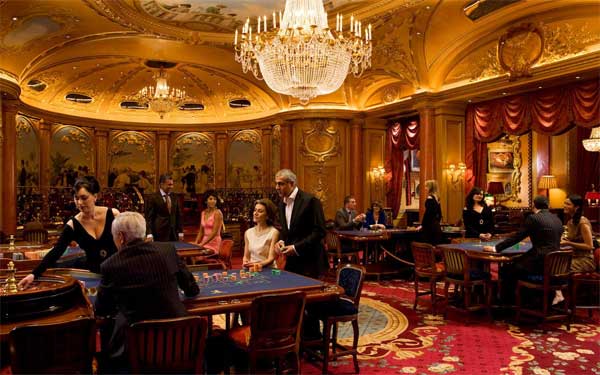The history of casinos in Europe is rich and fascinating, tracing its origins back to the early gaming houses of the Renaissance period. Over the centuries, the concept of gambling has evolved significantly, adapting to changes in society, technology, and culture. From the grandeur of land-based casinos to the convenience of online gaming platforms, the journey of casinos in Europe reflects the broader trends of innovation and adaptation within the entertainment industry.
The Birth of Casinos: Early Gaming Houses
The origins of European casinos can be traced back to the 17th century in Italy, where the first known gaming house, “Il Ridotto,” was established in Venice in 1638. Created by the government to control gambling during the annual carnival season, Il Ridotto became the template for future casinos. It provided a regulated environment where the elite could engage in games of chance, including baccarat and various card games.
As the popularity of gambling spread across Europe, other countries began to establish their own gaming houses. In France, the establishment of casinos like the one in Monte Carlo in the mid-19th century marked a significant expansion. These establishments were often luxurious, attracting aristocrats and wealthy individuals who sought entertainment and the thrill of gambling. The grand architecture and opulent interiors of these early casinos set the stage for the development of more sophisticated gaming environments.
The Rise of Slot Machines and the Modern Casino
The advent of the industrial revolution brought technological advancements that transformed the gambling industry. One of the most significant innovations was the invention of the slot machine. In 1891, Sittman and Pitt of Brooklyn, New York, developed a gambling machine that was a precursor to the modern slot machine. A few years later, in 1895, Charles Fey invented the first true slot machine, known as the Liberty Bell, in San Francisco.
- While these machines originated in the United States, they quickly gained popularity in Europe, particularly after World War II.
- The simplicity of slot machines, combined with their potential for large payouts, made them a staple in European casinos.
- By the mid-20th century, slot machines had become ubiquitous in casinos across the continent, complementing traditional table games like roulette, blackjack, and poker.
The post-war era also saw the expansion of large-scale casino resorts in Europe, particularly in destinations like Monte Carlo, Baden-Baden, and Cannes.

These casinos not only offered a wide range of gambling options but also provided luxurious accommodations, fine dining, and entertainment, making them popular tourist destinations.
The Emergence of Online Casinos
The late 20th century brought about a new era in the gambling industry with the rise of the internet. The first online casinos appeared in the mid-1990s, offering players the opportunity to gamble from the comfort of their own homes. This development revolutionized the industry, making casino games accessible to a broader audience and breaking down geographical barriers.
Online casinos have continued to evolve, incorporating advanced technology to enhance the gaming experience. Today, platforms like weissbet offer a wide range of games, from traditional card games and slots to live dealer options that simulate the experience of being in a physical casino. The convenience, variety, and accessibility of online casinos have made them increasingly popular, especially among younger generations who prefer digital entertainment.
The regulation of online gambling has also become a significant issue in Europe, with different countries adopting various approaches to ensure fairness and protect players. Some countries, like the United Kingdom, have established comprehensive regulatory frameworks, while others continue to refine their laws to address the challenges and opportunities presented by online gambling.
Conclusion
The evolution of casinos in Europe is a testament to the adaptability and enduring appeal of gambling as a form of entertainment. From the opulent gaming houses of the 17th century to the cutting-edge online platforms of today, the casino industry has consistently embraced innovation while preserving the excitement and allure of games of chance. As technology continues to advance, it will be fascinating to see how European casinos, both land-based and online, continue to evolve and captivate new generations of players.


